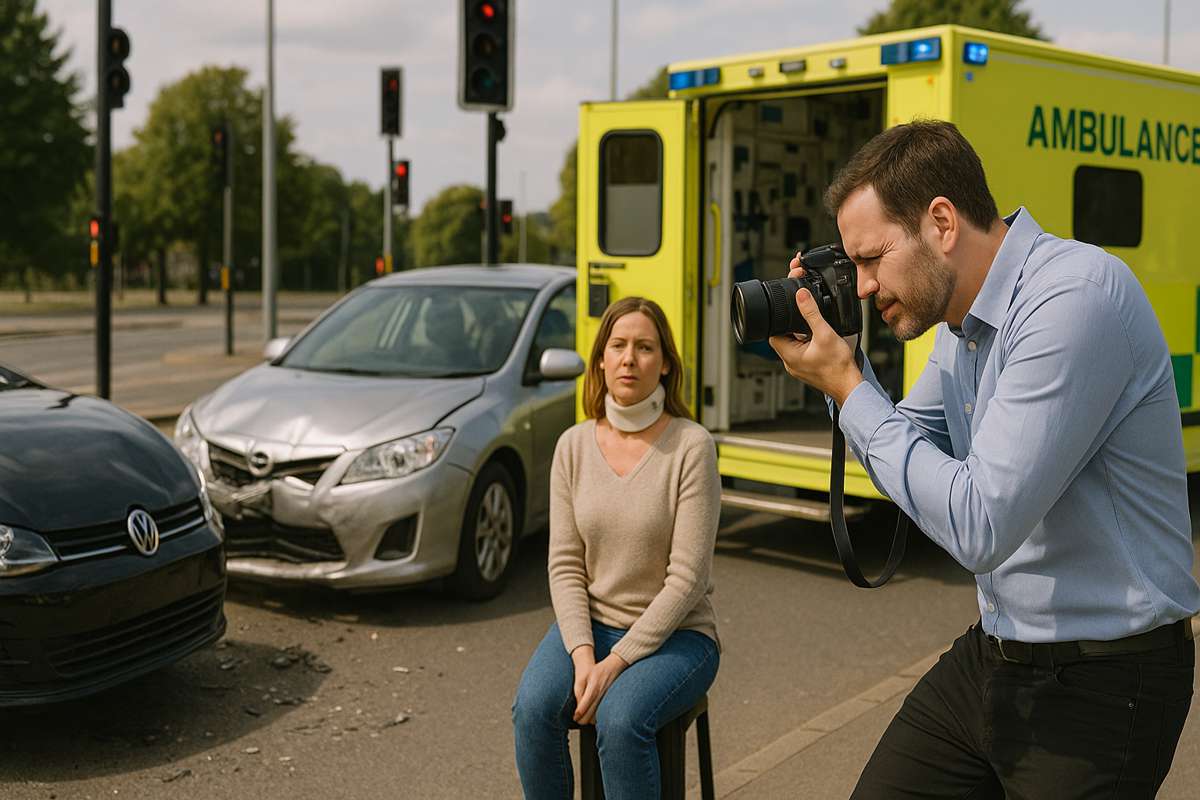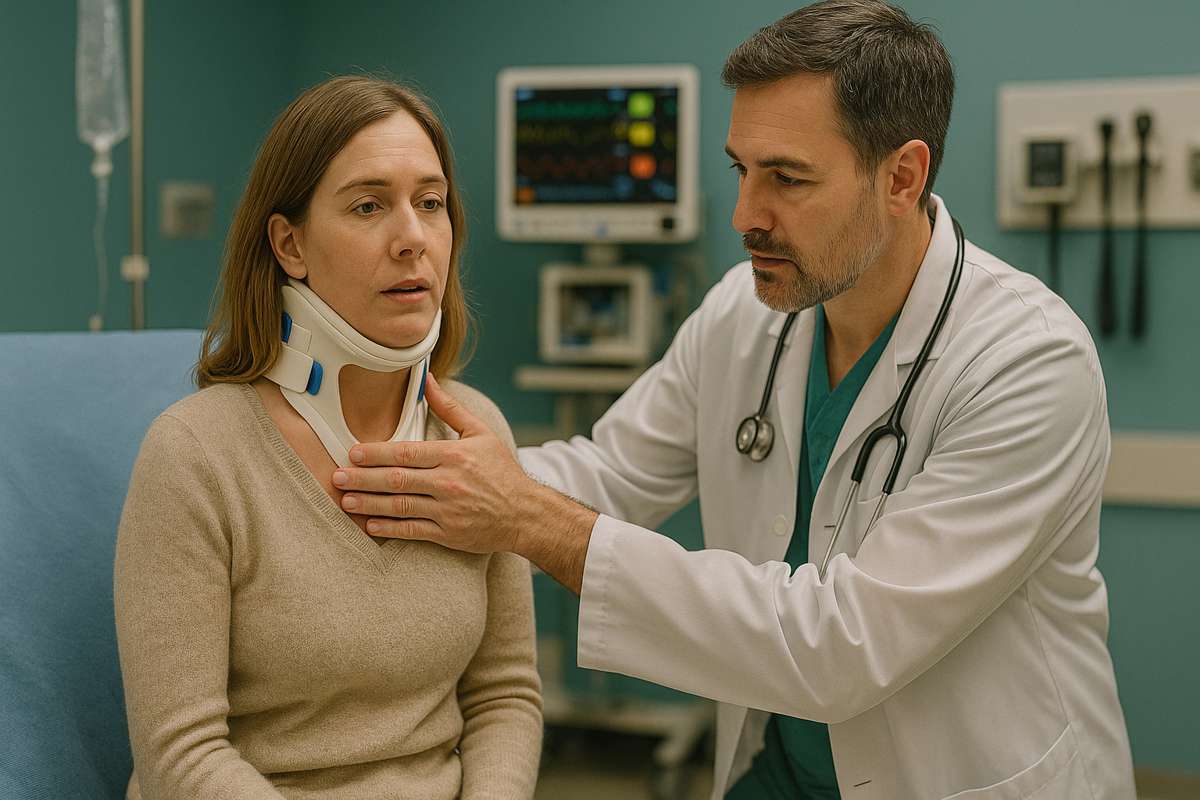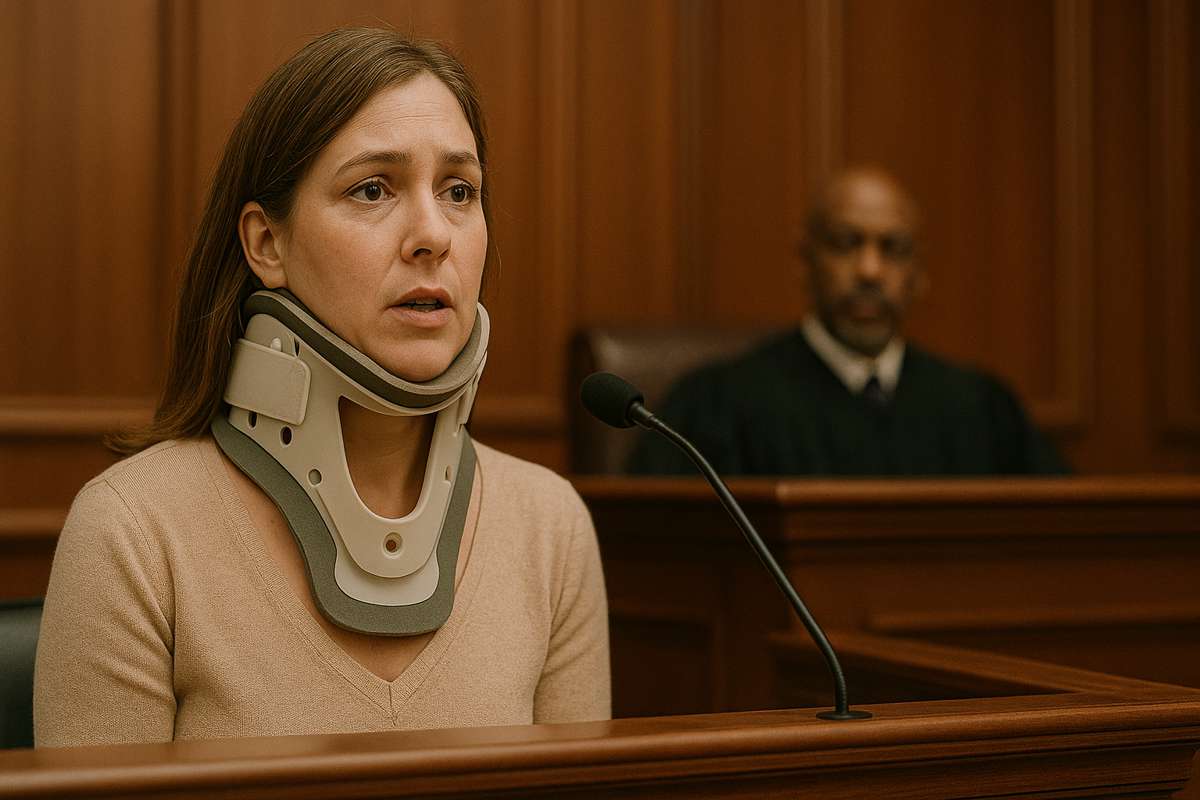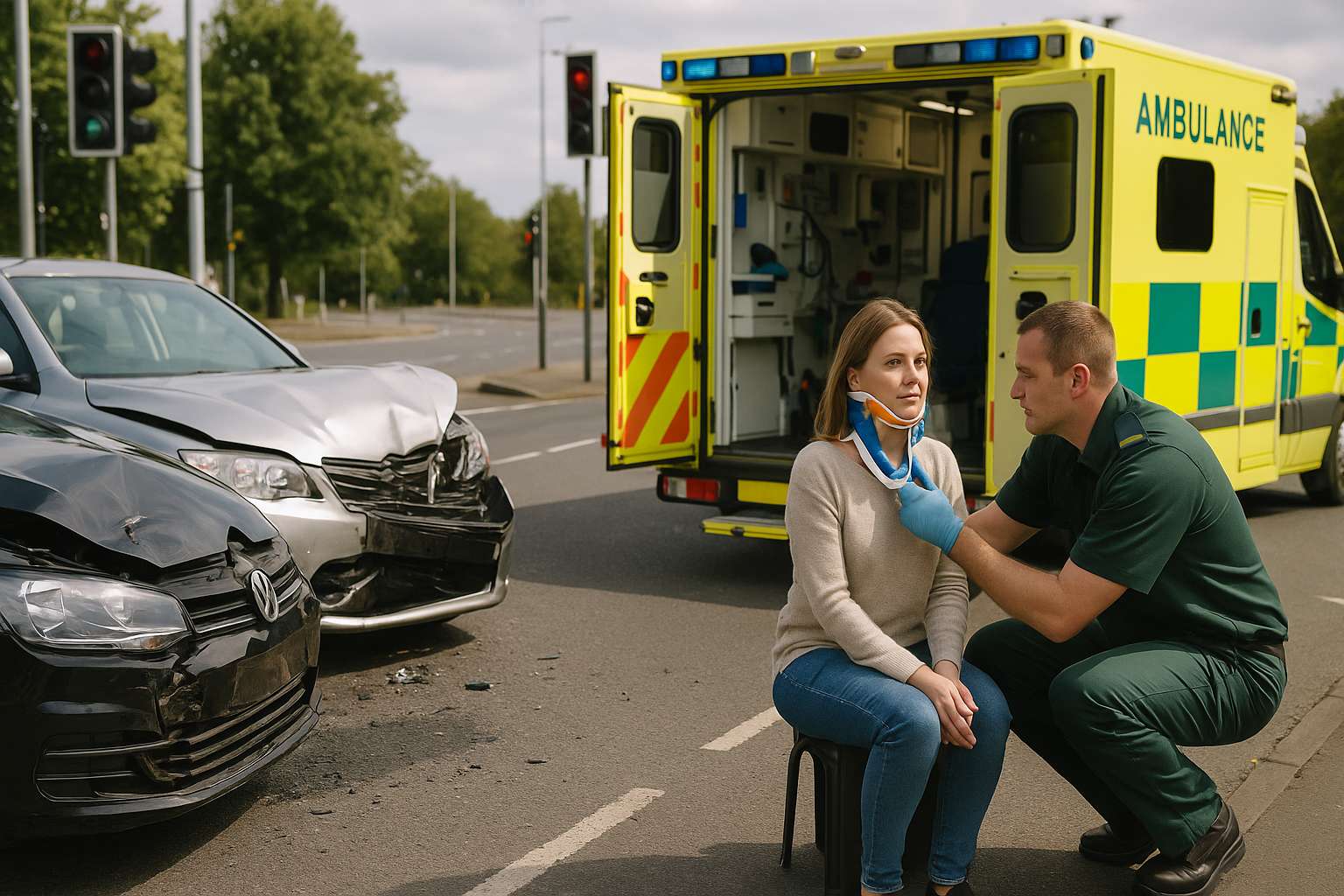Recovering Damages After Minor Car Accident Injuries
Experiencing a fender‑bender can often trigger a personal injury ordeal that disrupts daily routines, relationships, and finances.
Amid questions like “Should you get a lawyer for a minor car accident?”, understanding your rights under Nevada law and navigating insurance protocols becomes essential to securing fair compensation.
In Las Vegas, Nevada, where busy highways and tourist traffic converge, even low‑impact collisions can result in injuries and medical expenses. This guide walks you through practical steps, from promptly assessing your health and documenting the scene to filing timely claims with insurers. We’ll understand when professional legal support can strengthen your position and help you recover damages efficiently, ensuring you’re not left to shoulder unexpected costs.
Assessing the Situation
The very first step you should take in the aftermath of a minor car accident is to quickly assess the situation. Check for injuries and move everyone away from danger.
All injuries need attention because the accident’s effects might not be immediately felt. Contact emergency services if necessary and gather information from all involved parties.
Documenting the Incident
Having proof that can support your claims is critical. Take pictures of the accident scene, vehicle damage, and any visible injuries.
Share contact and insurance details with other drivers. Also, note the time, the place, and weather conditions, as these particulars can substantiate your statement.

Seeking Medical Attention
You should get checked out even if you feel fine or consider the injury minor. A healthcare professional will identify hidden injuries and create documentation for your claim.
Your injuries and expenses from them will be documented in your medical records, which creates more legitimate proof in your favour.
Understanding Insurance Policies
It is crucial to know what your insurance policy entails. Know the limits of your coverage and the steps to take to file a claim.
Call your insurance company immediately to report the accident. They can walk you through what you need to do and let you know if there is anything required.
Filing a Claim
When filing a claim, you must be both accurate and prompt. Submit all supporting documents, including photos, medical records, and repair estimates. The clearer and more concise the information, the faster the process.
When you communicate with your insurance company, always try to do so in writing and keep copies of everything for your records.

Negotiating with Insurance Adjusters
Insurance adjusters assess claims and determine compensation. Provide the necessary information for your claim to be understood properly.
Initial offers will not cover your entire bill, so be prepared to negotiate. The better you understand your damages, the better you will be at negotiating them.
Considering Legal Assistance
It can be helpful to hire an attorney, especially a personal injury lawyer, who can guide and represent you.
They can help you navigate the complicated legal processes and ensure that you receive fair compensation for your injuries and damages.
Evaluating Settlement Offers
All settlement offers need to be carefully assessed. Consider whether the offer fully covers medical expenses, vehicle repair costs, and any lengthy treatment or therapy.
Another option is to speak with a legal expert and see if the offer is unreasonable.

Focusing on Recovery
Recovery should be your priority even when managing settlements and claims. Get medical care and follow up on appointments.
Focusing on health and wellness helps you recover faster and shows you care about recovery.
Preventing Future Accidents
Examining the crash might also be a learning experience. Think about the factors that led to the incident and how to prevent it from happening again.
Following safe driving practices and being mindful of traffic situations can reduce the chances of an accident in the future.
Conclusion
Getting compensated for damages sustained in a minor car accident involves steps such as documenting the accident and negotiating with insurance companies. A proper understanding of the procedure ensures appropriate compensation.
However, the broader objective should be prioritizing recovery so that you can return to some regularity in your life.






























